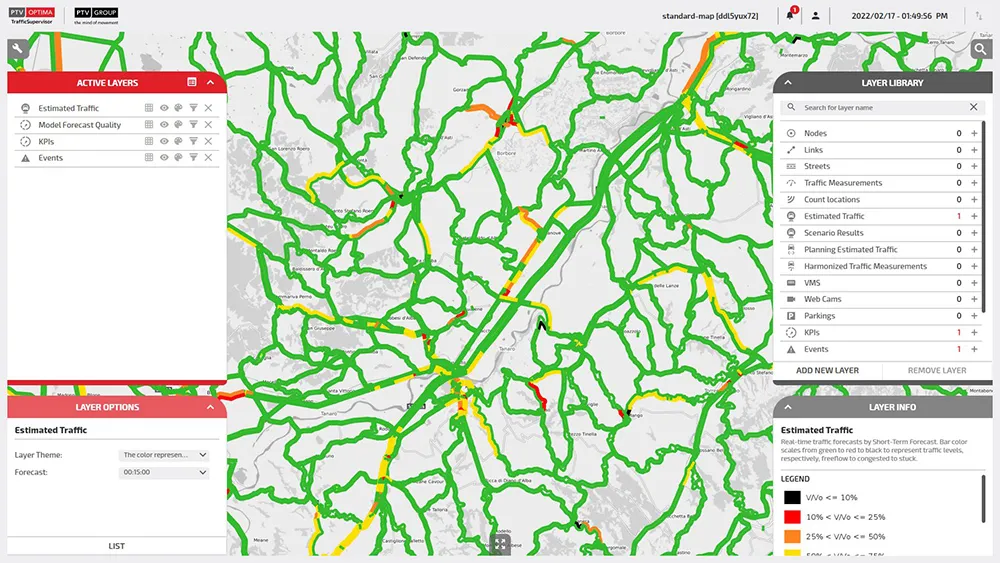Tesla Motors and Panasonic are collaborating to develop next-generation battery cells for Electric Vehicles (EVs).
February 2, 2012
Read time: 1 min
"Our collaboration with Panasonic will accelerate the development of next-generation EV cells, enabling Tesla to further improve our battery pack performance," says JB Straubel, Tesla's Chief Technology Officer.







